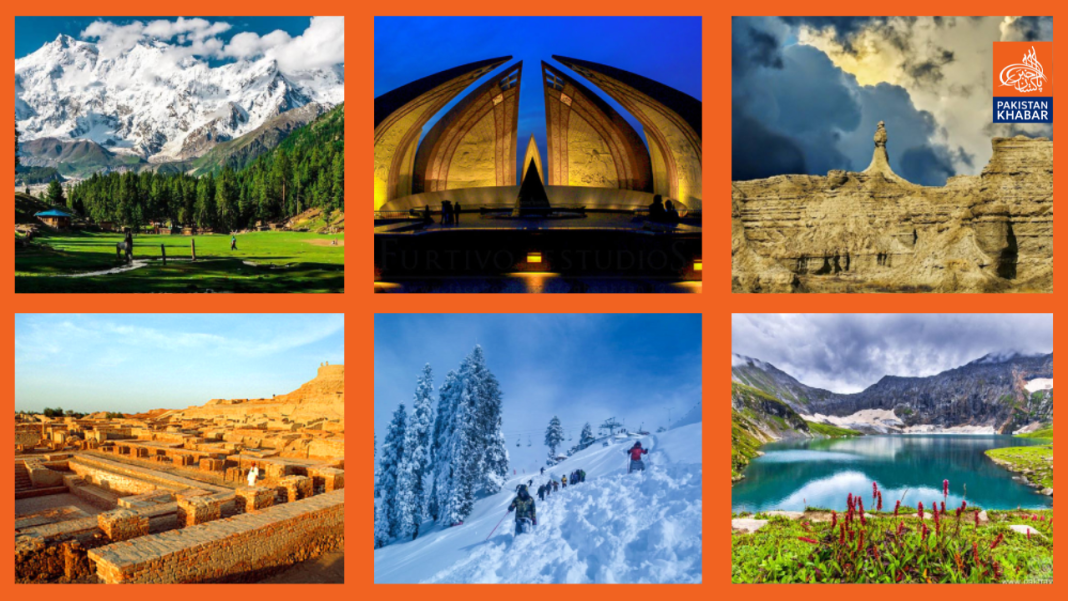The tourism sector, still reeling from the effects of the COVID-19 pandemic and lockdowns in 2020, has once again been hit hard by the ongoing smog crisis. Recently, the Punjab government closed entertainment centers and parks in various districts, including Lahore, from November 16 to 24 due to the worsening smog conditions. This led to significant financial losses for organizers and contractors involved in recreational and commercial services.
According to the Walled City of Lahore Authority, over 100,000 tourists, both local and foreign, visit the Shahi Fort and Badshahi Mosque each month. Similarly, the Lahore Zoo attracts between 150,000 to 200,000 visitors monthly, while the Lahore Museum sees around 25,000 domestic and international tourists each month.
Rehan Khan, who operates a cafeteria in a large entertainment center in Lahore, shared that the closure due to smog had affected the livelihoods of 15 daily wage workers. “The entertainment centers were closed for a week this time, and if this continues, we will face immense financial losses,” said Khan.
Imtiaz Ahmad Malik, a tour operator from Lahore, also revealed that the smog crisis had caused both local and international tourists to steer clear of the cultural capital. “When tourists hear about the restrictions and the fact that Lahore is one of the most polluted cities in the world, they avoid coming here,” said Malik.
This trend was confirmed by the Pakistan High Commission in New Delhi, which issued visas to over 3,000 Indian pilgrims for the celebration of Guru Nanak’s birth anniversary. However, only 2,500 pilgrims actually made the journey to Pakistan.
Jaswinder Singh, a Sikh pilgrim from Amritsar, India, explained that while some of his friends received visas, they decided against visiting Pakistan due to the smog and the associated commercial restrictions.
Dr. Sadia Khalid, Founder of Climate Education Warriors, noted, “The winter smog, or photochemical smog, is impacting every sector. When commercial activities are restricted, tourism suffers. While human lives are more important than tourism, we must adopt permanent and sustainable solutions to address the smog. At the same time, we need to adapt to these environmental changes.”
Officials from the Tourism, Archaeology, and Museums Department confirmed the negative impact of the entertainment and tourism spot closures due to smog on the tourism sector. While the closures were brief, they warned that if such restrictions continue, it could severely affect stakeholders in the tourism industry, including tour operators, hotels, and transport providers.




